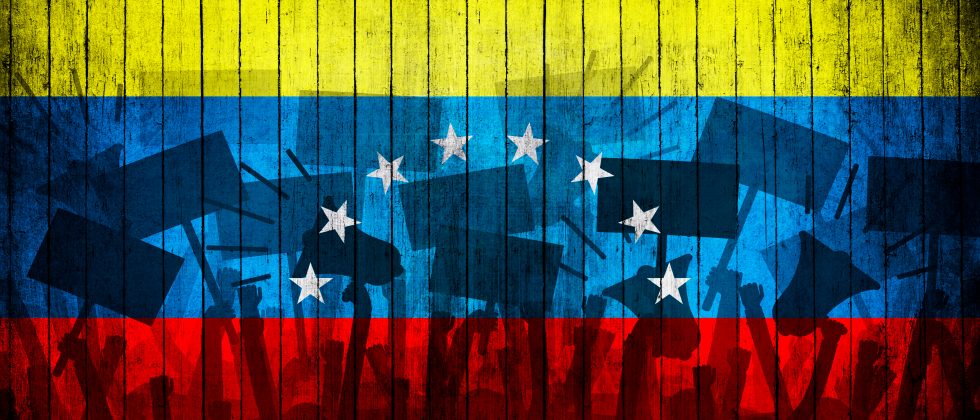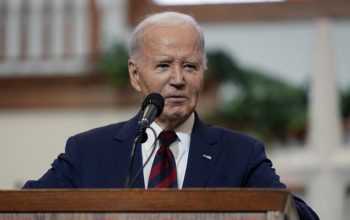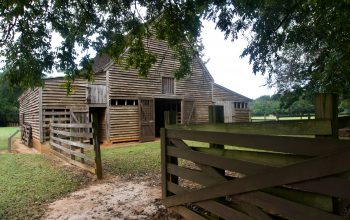news
“Observation and Mediation Participation in Venezuelan Crisis”, an article by Dr. Leonel Fernández
August 5, 2024
At the invitation of the National Electoral Council (CNE), I participated as an international observer in the presidential elections held in Venezuela on July 28.
I participated, along with other former presidents, a panel of U.N. electoral experts, members of the Carter Center, and thousands of national and international observers.
It was not the first time I had participated in such an event. In 2002, after the coup against Hugo Chávez, I had the honor of being invited by the Carter Center to participate alongside Dr. Jennifer McCoy and her team in the negotiations that followed the anti-Chavez conspiracy.
In 2013, I also attended the presidential elections as an observer, where Nicolás Maduro narrowly won (50.6% to 49.1%) against Henrique Capriles, the opposition candidate.
In 2015, I was again chosen to observe the parliamentary elections. The task was given to me by the Union of South American Nations (UNASUR), then chaired by the former president of Colombia, Ernesto Samper. On that occasion, when I met with the leaders of the Democratic Unity Roundtable (MUD), there was skepticism regarding their chances of winning the electoral process.
They constantly referred to the situation of inequality in their participation in the process and what they called official advantage, referring to the use of resources and other tactics in the electoral process.
However, despite this perception, we were able to witness the unexpected: the Democratic Unity Roundtable emerged victorious, with 56.3% of the votes and 112 of the 167 deputies elected to the National Assembly.
From Observer to Mediator
Due to the rigor and professionalism with which, through UNASUR, we were able to carry out our mission, both the government and the opposition asked us to mediate in the governability crisis that would surely arise from these electoral results.
And as expected, after the parliamentary elections. a permanent dispute arose between the National Assembly, led by the opposition, and the Superior Judicial Court, controlled by the government.
In this conflict, the court proceeded to declare the nullity of the legal provisions emanating from the legislative body.
These were the years, between 2016 and 2018, where I had to travel more than 20 times to Caracas to serve as an interlocutor between the positions maintained by the supporters of the Bolivarian Revolution and the core of the opposition organizations.
They were difficult years. The protests did not cease. The country lived in a state of permanent unrest. The economy collapsed. The bolivar, Venezuela’s national currency, became irrelevant, giving rise to hyperinflation.
In the midst of this situation of high political conflict, the government promoted a Constituent Assembly assuming all the powers of the State, leaving the National Assembly without any responsibilities.
The opposition parties retaliated. They empowered the Organization of American States (OAS) requesting that the regional body demand that the Venezuelan government “guarantee the separation and independence of the Constitutional powers and restore the full authority of the National Assembly.”
In 2019, as a result of the climax of the Venezuelan political crisis, the duality of powers was formalized. Maduro was accused of usurping the functions of the President of the Republic, while Juan Guaidó was chosen by the National Assembly as the legitimate representative of the Venezuelan Executive Power.
Throughout this intense and dramatic process, my presence left a clear mark on the process, always trying to promote peace and avoid – at all costs – more blood shedding on the part of the Venezuelan people.
July Elections
With this track record of participation as an international electoral observer and conflict mediator in Venezuela for more than 20 years, it was not surprising that I was invited again by the National Electoral Council to participate in the recent elections held in the homeland of Bolívar.
I participated, as always, counting on the support and trust of the parties in contention. In this case, support from both the official candidate, Nicolás Maduro, and from the candidates of the different opposition parties. During our electoral observation mission, we were able to meet, first of all, with the president of the National Electoral Council, Elvis Amoroso, as well as with other members of the Council.
They showed us Venezuela’s hybrid voting system which combines the electronic and manual systems, and the commitment to deliver to each witness or member of the electoral table, the results of the vote count.
Then, we held meetings with candidates Nicolás Maduro, from the United Socialist Party of Venezuela (PSUV) and Edmundo González, from the Unitarian Platform. We also met with candidates from minor parties.
All the candidates described our participation as observers as positive and, in particular, the main opposition candidate expressed his gratitude for the meeting, which he described as a “frank and fruitful conversation.”
On Sunday, July 29, the Venezuelan presidential election process took place in an enthusiastic, massive and orderly manner. No major incidents were reported. Everything transpired peacefully. It was understood that by 9 p.m., the National Electoral Council would be issuing its first bulletin with the initial data of the process. But that was not the case. Time passed and anxiety grew.
It was not until midnight that the CNE directors addressed the population. Its president announced that due to a cyber attack there had been a delay in the presentation of results. It was then that he reported what we now know: that with 80% of the votes counted, candidate Nicolás Maduro had won with 51.2% of the votes against Edmundo González, with 44.2%. In order to be entirely credible and reliable, this report was missing one element: the presentation of the final results, broken down by precinct and polling station.
That is what we, along with former President Ernesto Samper, stated in our report. It is what all impartial observers, including the United Nations, the Carter Center and several governments in the region, had also requested.
As we can appreciate, we were not in such bad company.





